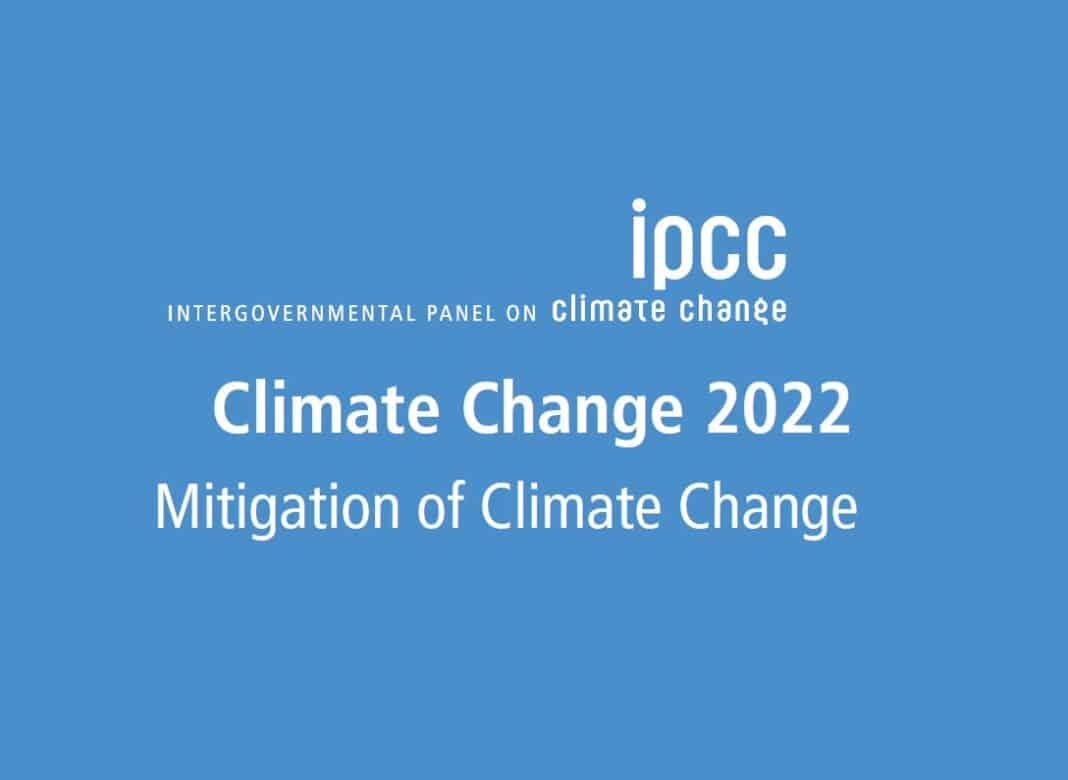The Intergovernmental Panel on Climate Change (IPCC) released the third and final installment of its AR6 report on climate change.
The report is Working Group III’s contribution to IPCC Sixth Assessment Report (AR6). It was published today after getting the approval of 195 member governments of the IPCC.
Along with the two other AR6 reports, this report is vital for climate science analysis.
In general, it provides scientific data on annual GHG emissions from 2010 to 2019. It also lays out potential solutions on how to reduce emissions. These solutions are the consolidated ideas of 278 scientists from 65 countries.
Evidence Presented in IPCC AR6 Report on Climate Change
The key message of the report is this: to make our planet safe for the next generations, we must act now. It means the entire world needs urgent action to reduce GHG emissions across all sectors.
Otherwise, the goal to limit global warming to the critical 1.5 degrees Celsius is beyond reach.
The IPCC’s AR6 report on climate change shows scientific evidence why we should act now or it would be too late.
From 2010 to 2019, the average annual global GHG emissions were at their highest historical levels, as shown below.
Though the rate of increase has slowed down, the next few years’ warming reductions are critical.
The assessment indicates that getting to 1.5°C requires GHG emissions to peak before 2025, at the latest. Then the emissions must go down by 43% by 2030. Meanwhile, a reduction of around a third in methane is also a must.
In the words of the IPCC Chair, Hoesung Lee, “We are at a crossroads. The decisions we make now can secure a liveable future. We have the tools and know-how required to limit warming.”
Lee also noted that there are climate actions taken by countries that are proving effective. Likewise, there has been a consistent decrease in the costs of renewable energy of up to 85% since 2010.
Another essential report highlight is the creation of policies that improved energy efficiency. Also, global efforts had lowered deforestation rates while enhancing the use of renewables.

But still, more concerted efforts to achieve massive emissions reductions are necessary.
IPCC’s AR6 Solutions to Mitigate Global Warming
The AR6 report outlines climate mitigation strategies that cover all the major sectors. These include energy, transport, buildings, urban, industry, forestry, and agriculture.
Scientists in the IPCC believe that if those climate mitigations will take effect, the world can at least reduce emissions by half by 2030.
While rapid reductions have to occur across the board, the biggest impact will be from the energy sector. This means significant reductions in fossil fuel use and widespread electrification. It also calls for more energy efficiency and the use of alternative fuels like hydrogen.
In other main emitter sectors, the same solutions may also help reduce emissions. Carbon capture and storage can also be a potential option to help mitigate warming.
Finally, IPCC’s AR6 report on climate change stresses the need to consider other means. The two important ones are closing global investment gaps and achieving SDGs.
All three IPCC AR6 reports will be synthesized and published in September right before the major COP27 happens in Egypt.


